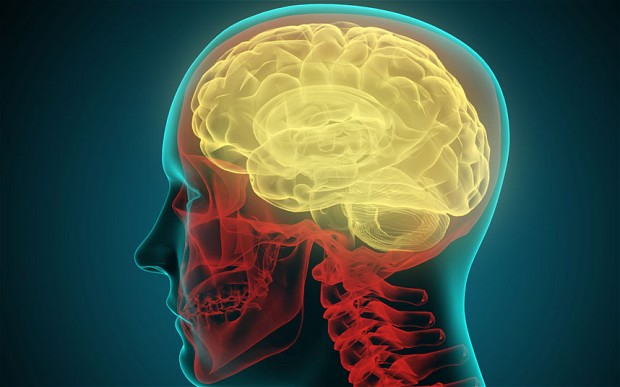Hypoparathyroidism Should Be Considered When Patient Has Seizures, Case Study Says

Diagnoses other than epilepsy, including hypoparathyroidism, should be considered when a patient arrives at the emergency room with seizures, according to a new case study.
The report, “Hypoparathyroidism Causing Seizures: When Epilepsy Does Not Fit,” was published in Case Reports in Medicine.
Adult-onset seizures are not an uncommon scenario in the emergency department. These patients, however, are often immediately labeled as epileptic and in some cases, proper research and lab work is overlooked.
The report details the case of a 24-year-old man who arrived at the emergency department of the Chris Hani Baragwanath Academic Hospital in Johannesburg, South Africa, with recurrent seizures.
Because the patient had suffered from seizures for many years, he was diagnosed with epilepsy at age 14 and treated with sodium valproate — a common treatment for epilepsy — and did not undergo a full diagnostic workup to determine their cause.
At age 24, physicians conducted a full investigation, including measurements of calcium, magnesium, and phosphate levels. The patient’s calcium levels were lower than normal, indicating the patient was hypocalcemic, one of the characteristic features of hypoparathyroidism.
Because the parathyroid hormone is responsible for acting in the kidneys to increase calcium resorption, physicians tested the levels of the parathyroid hormone (PTH), which were also found to be lower than normal.
These biochemical analyses suggested a diagnosis of idiopathic hypoparathyroidism.
Additionally, computed tomography scanning (special imaging tests) revealed brain calcification — abnormal deposits of calcium in the brain — an occurrence commonly observed in idiopathic hypoparathyroidism patients.
The patient was treated with an initial infusion of intravenous calcium and started on long-term oral calcium supplements. He was also administered alfacalcidol, which helps balance calcium levels.
The seizures were likely secondary to hypocalcemia, and not due to epilepsy, investigators said, and epileptic medication was discontinued.
At a four-month follow-up, the patient was healthy and had not had any new seizures.
“This case highlights acute symptomatic seizures, which are caused by disease processes other than epilepsy,” and emphasizes the need to consider other diagnoses for the condition, the investigators concluded.





